|
There will be a major addition to the education landscape in South Trinidad with the opening of a new international school. This will be the first international school in the Southland.
The Oxbridge International School (OXIS) will be coming to Irving Street in San Fernando. Its home is a modern multi-storey building with breath-taking views of the city and the Gulf of Paria. OXIS is a multi-level school, which takes children from Grade 1 (standard 1) all the way to 6th form. The school, therefore, takes in children at about age 6 and graduates them between 18 and 20. OXIS is divided into three schools – Lower, Middle and Upper. The Lower School runs from Grades 1-6 and ages 6-11. The Middle and Upper Schools run from Grades 7- 12 and ages 12 and up. Students are exposed to British and American curricula. As they progress, parents can choose which stream is better suited to their kids at Grade 10. Gifted students can pursue both streams. The American stream leads to SAT examinations for US university admission. The British stream moves students to iGCSE (Cambridge examinations) at Ordinary and Advanced levels. These are internationally accepted, and students wishing to attend university in Canada, England or the USA will be particularly well-served. Children attending Lower School in OXIS will not have to write the SEA examinations in order to move to Middle and Upper Schools. OXIS is a holistic education school so as could be expected, there are a lot of co-curricular and extra-curricular activities on the menu. Parent engagement is critical, and so children will be assessed on entry and receive customised education geared towards the development of a global mindset. Parents will receive regular feedback from the school on the performance of their child. Schoolwork is for SchoolOXIS told The 99% that it takes responsibility for a child’s education, relieving parents of the strain of doing further work when the child gets home The stress of excessive homework and projects for children is relieved by having dedicated tutors on hand to do the work with students after formal teaching is complete. After a full, fun and meaningful day, the kids can then play freely when they get home. The OXIS website is https://oxis.edu.tt Source: the 99%, June 2020
0 Comments
Irving Joseph, seated centre, celebrates his 105th birthday with his wife Joanne Joseph together with children and grandchildren at his Arima home At 105-years-old, Irving Joseph’s advice on living a long, productive, and fulfilling life includes having humility, caring for one’s family, and making one’s children a priority.
With a royal blue tuxedo, white shirt and grey tie designed two-layered cake, representative of Joseph’s long-time common attire and favourite colour, a small family gathering at his Arima home, was held in honour of his 105th birthday, which he celebrated on June 17. Now visually impaired for the past two years, Joseph would have liked to see his cake, which was described to him by his wife Joanne 60, and five of his six children who made it to the milestone celebration. Nevertheless, the old chap who donned a long-sleeved brown shirt was just in his glee to be still around. Describing the personality of her father, Josanne Joseph, his youngest, said he was always a very easy going individual, very simple and quiet. She also recalls his style of discipline: “He would not just tell you not to do something. Correction usually came with a long rigmarole story and then he would leave you to think about it so that you can do the right thing.” His method worked as Josanne said more often than not because he was so sweet about it, they had no choice but to do the right thing. The old adage—“Friends would carry you but they would never bring you back,” was also a lesson well instilled. Josanne shared with Guardian Media some of her fondest memories of her father in his former years like his Sunday evening ritual of shoe shining or the 1930s calypso tunes he would whistle while weeding the yard—calypsoes Josanne said none of his children knew. There were also many stories Joseph would tell of cutting bush to make roads. Joseph, a former oiler at the Ministry of Works and Transport, shares a unique relationship with his wife though the 45-year age difference. In a telephone interview with Josanne, she said she believed her parents’ relationship was perfect. “They have a very good understanding, my mother would always be the one to ‘front’ as the boss, but they are very old school. Dad would give her that leeway, but my dad always had the last say,” she said. Josanne noted another great thing about their relationship was their ability to resolve their differences without arguments. “I have never seen my parents argued. We would know something was up because mom would say she’s not doing this or that, but then, she would still make sure he had his meals and so on,” she said. Of Joseph’s experience living through the global pandemic and the many disruptions in social life it has caused, the ground provision lover declared he had never heard of such a thing in his born life. Making it to 105 is a gift from God for Joseph’s family, Josanne said: “For me, that is my dad, I do not ever want him to go anywhere, but my mom is the one who fusses about that time which she says will eventually come.” Source: The Guardian, June 2020 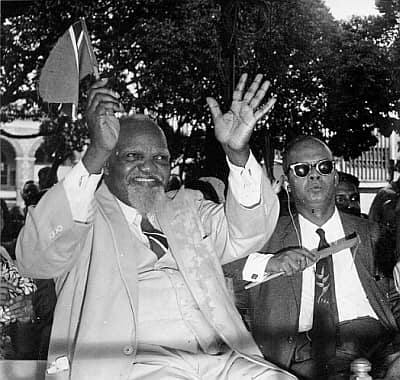 This is the day when we all celebrate the historic achievements of the Labour movement across the country. As Prime Minister, I salute those achievements and the efforts of all those labour leaders, who struggled on behalf of workers, so today Trinidad and Tobago enjoys a unique quality of life, which compares favourably, with many countries in the developed world. My greetings to the Labour movement on Labour Day 2020 are extended on behalf of the Government of Trinidad and Tobago and my own family. As a result of the Novel Corona Virus, the celebrations this year are expected to be more restrained. Nonetheless, the victories of June 19, 1937, achieved on behalf of workers are saluted as a historic point in the march of labour, which began almost 100 years earlier, in the Emancipation of slave labour in 1838. Historical surveys from then, up to1937, indicate that workers over that near one-hundred-year period were, at best, “half-free and half-coerced”, hence their history of fierce opposition and resistance to colonial racism and persecution. They reveal that up to the pre-1937 period the average oil worker was described as living in a social milieu of squalor, hooliganism and prostitution receiving only 91.5 cents a day, while farm workers on cocoa estates, just like sugar workers, who existed in dilapidated dwellings, without basic sanitary facilities, received a mere 40 cents. In that period leaders such as Tubal Uriah “Buzz” Butler, Adrian Cola Rienzi, Elma Francois, the ten women who were arrested for their participation in the June 19 riots -- just to cite a few -- responded vigorously to those issues. Butler, a Grenadian by birth, is remembered as an injured oilfield worker, turned preacher, who passionately articulated the abuses of workers generally, such as their deplorable working conditions, poor remuneration, racial discrimination, and the economic depression of the 1930s. It is only “right and fitting” that today this country should honour Butler, as the late UWI Principal, Professor Lloyd Braithwaite wrote, in a tribute: “…for without his (Butler’s) persistence and fortitude there would have been no June 1937, and the modern trade union and labour movement would not have been born at that time”. Having progressed to Independence, we should acknowledge that, although there were differences and tensions, our post-colonial Governments, in the main, have recognised labour’s role in national development. e.g. the Industrial Stabilisation Act, 1965, introduced the concept of compulsory arbitration and the establishment of the Industrial Court. Since then the Court has been recognised as the legitimate arbiter in industrial disputes between employers and workers. Today, we can proudly describe labour-employer relations in Trinidad and Tobago as respectful and stable. We can attribute this to efforts of the labour movement, private sector and the Government, each one seeking the best outcomes for this country. For instance, the Government, as the largest employer, has maintained and supported its employees, using available technology, which allows thousands to work virtually, during the current pandemic. Significantly, the Government has ensured the jobs and salaries of all public servants, during this stay-at-home. Undoubtedly, it recognises the importance of the nation’s workers as a most important asset in keeping our country economically, socially and politically stable. The face of labour as we have known it is changing, and the sudden, devastating appearance of COVID-19 has certainly brought this realisation to the centre stage. It should be noted that, as a Government, we were forced to make unprecedented decisions to protect everyone in this country. This country owes a debt of gratitude to our frontline workers, who took up their charge, ensuring that the rest of Trinidad and Tobago remained safe and productive. Our health care workers, those in the protective services, sanitation and garbage collectors, the public utilities, the supermarkets – essential workers - reminded us that every job is important and even some that society may ignore are the ones most needed to uphold us as a nation. These workers are exemplars of our national watch words, Discipline, Production and Tolerance. As they worked together, they made us proud to be citizens of this country which so far has successfully fought off destruction by a rampaging virus which is still wreaking havoc across the world. So, today as we celebrate another Labour Day let us never forget the past struggles and the names of those who brought us to this place of stability. Nonetheless, let us prepare ourselves very early for the many coming challenges and transformations in the “new” world, after the Covid-19 pandemic. But let us look towards that future, with boundless faith in our destiny, collectively, in a mutually beneficial relationship, which ultimately will create a stronger Trinidad and Tobago. Towards this end, I wish all our citizens a safe and enjoyable Labour Day! Out of a total of 33 endangered species recorded in Trinidad and Tobago, over half of them live in the ocean, and many of them are at risk of extinction due to overfishing.
Many out of the list are prized within the commercial fishing industry, including various species of shark and the Nassau grouper, which is the most important of the groupers for commercial fishery in the West Indies. According to the International Union for Conservation of Nature (IUCN), Trinidad and Tobago’s list of critically endangered and endangered species includes the Trinidad White-fronted Capuchin, the Leatherback and Hawksbill Turtles, and many shark species such as the Great Hammerhead, Longfin Mako, Shortfin Mako and Oceanic Whitetip Shark. Several species of coral, which are critical fishery habitats, are also listed as critically endangered due to temperature rise and habitat impacts. Here’s a list of 33 endangered and critically animals in Trinidad and Tobago, according to the IUCN: Trinidad White-fronted Capuchin Hawksbill Turtle Green Turtle Great Hammerhead Smalltooth Sawfish Daggernose Shark Largetooth Sawfish Scalloped Hammerhead Nassau Grouper Oceanic Whitetip Shark Trinidad Piping-guan Trinidad Worm Snake Basking Shark Longfin Mako Golden Tilefish Bentfin Devilray Sicklefin Devilray Giant Devilray Longfin Mako Shortfin Mako Atlantic Bluefin Tuna American Eel Staghorn coral (Acropora cervicornis) Mountainous star coral (Orbicella faveolata) Boulder star coral (Orbicella annularis) Elkhorn coral (Acropora palmate) Staghorn coral ((Acropora cervicornis) Red Siskin Black-capped Petrel Eskimo Curlew (migratory) Golden Tree Frog (Phytotriades auratus) Adult tree frog (Flectonotus fitzgeraldi) Robber frog (Pristimantis urichi) No laws protecting sharks, endangered fish species Marine scientist Shivonne Peters said more protections should be put in place for endangered marine species, including those within the protected Buccoo Reef Marine Park. She said there is a dire need for local legislation to protect critical marine species such as sharks and queen conch. She added that within the protected Buccoo Reef Marine Park poaching of conch, parrotfish and sharks occurs in the protected area. “There should be more protection, and within the Buccoo Marine Park, the only marine protected area, there needs to be active enforcement, and maybe a change to existing legislation, because the penalties are very minimal…the legislation was enacted decades ago and has not changed since,” she said. Peters, who was the park manager for seven years and left in 2018, said many environmental organisations have been clamouring for more protections for marine species. Additionally, she said no consistent scientific monitoring is done to determine species density and reef health. Peters is currently pursuing a PhD on these issues with an aim to improving the data available on these topics. According to a 2019 United Nations report, approximately 1 million plant and animal species are at risk of extinction within the next few decades. For the full list of endangered and vulnerable species worldwide, see the IUCN's Red List here: https://www.iucnredlist.org/ Source: The Loop, March 3, 2020 The University of the West Indies (UWI), St Augustine, has appointed the first female Professor of Science, Professor Judith Gobin.
According to a statement from NIHERST, Professor Gobin is also Head of the Department of Life Sciences, the largest Department in the Faculty of Science and Technology. “For the first time in the history of the St. Augustine Campus of The University of the West Indies and the Faculty of Science - we have a female Professor of Science.” NIHERST commemorated the development, which coincides with World Ocean Day 2020, celebrated on June 8 every year. “On World Ocean’s Day 2020, celebrated on June 8 every year, NIHERST finds it only fitting that we pay a very special tribute to Professor Gobin, our very own local and pioneering scientist in Marine Biology.” NIHERST said Professor Gobin’s marine research career spans more than 38 years and she has made significant academic contributions to the knowledge of Marine Biodiversity in Trinidad and Tobago and the Caribbean. She has published on a number of “new marine scientific records” and “new marine species” (approximately 298) - for Trinidad and Tobago and the Caribbean. Her research concentrations began in soft coastal marine sediments followed by rocky shores and more recently deep-sea areas. In this respect, she successfully launched with NIHERST a book and a 5-part DVD in 2018. The state agency said Professor Gobin is the first and only Caribbean and UWI marine scientist to:
NIHERST said some of her international research partners include the IUCN, the Royal Society of the UK, EV Nautilus and the Ocean Environmental Trust (OET), the Deep Ocean Stewardship Initiative (DOSI) and the South American Coastal Research group (SARCE). NIHSERT said Professor Gobin is globally recognized as a key SIDs (small island developing states) marine science expert and has been doing invited (international) talks on these topics since 2016. Professor Gobin’s message is to all, but especially to girls and young women who remain less likely to pursue education and careers in science, technology, engineering and math (STEM): “In Trinidad and Tobago, we have been making strides in marine and environmental scientific research; for example-here at the University of the West Indies (Faculty of Science and Technology), NIHERST, UTT and IMA with support from the Ministry of Planning and Development (responsibility for the Environment) as well as companies such as SHELL and BPTT.” “However, there is still much more to be done and I wish to make a personal appeal to all- the Government, Industry and the Private sector of Trinidad and Tobago- please channel more funds and resources into scientific research and STEM- it is where our future lies.” I come here when I have a little time, sometimes late in the evening or very early in the morning. I do a lot of focussed thinking when I am tilling the soil and while I am planting.
Since coming into office I've created and kept a kitchen garden at the Prime Minister's official residence in St. Anns. rinidad and Tobago once again becomes centre stage for one of the world’s oldest creatures, the Leatherback turtle, as they return to our shores to nest. Turtle conservation group Nature Seekers recently shared photos of a female Leatherback turtle which came ashore to Matura Beach to lay her eggs. T&T is known as one of the largest leatherback nesting sites in the world, and the country’s conservation efforts for the endangered creature has been shown on international news agencies such as National Geographic and Blue Planet. Turtle watching season begins in Trinidad and Tobago from March 1 to August 30 and a permit is required for viewing these endangered animals, which were designated as Environmentally Sensitive Species (ESS) and are protected by law. Sightseers are warned that the turtle nesting sites on Matura and Fishing Pond beaches, and part of the Grande Riviere beach, are prohibited areas during turtle nesting season (March 1-August 30) under the Forests Act. It is also illegal to disturb turtle nesting grounds or affect the environment in any way which would harm turtle habitats. The Leatherback turtle, Loggerhead turtle, Hawksbill turtle and Olive Ridley turtle are all designated as Environmentally Sensitive Species. To see Leatherback turtles, one can apply for a permit via the Forestry Division or contact turtle conservation group Nature Seekers. Leatherback turtle numbers dropping due to bycatch Regulations under the Fisheries Act mandate that each commercial shrimp trawling vessel should have a Turtle Excluder Device as well as the specifications for the device, to ensure that turtles can escape if caught in nets. However Nature Seekers chairman Kyle Mitchell said in a 2018 interview with Loop News that the number of turtles nesting on Trinidad and Tobago’s shores was dropping, and the probable cause was bycatch. Turtles often get caught in fishing nets while coming ashore to nest, getting trapped below the water where they suffocate and die. TEDs are to be installed to allow turtles to escape the nets, if caught. Poachers caught with Leatherback turtles or anyone ill-treating a Leatherback turtle faces two years jail time and a fine of up to $100,000, under the Conservation of Wildlife Act About Leatherback turtles
Leatherbacks are the largest of all living turtles and have been in existence for approximately 100 million years. They can weigh up to 2000lbs and 10feet in length, but more commonly average 5-7 feet and 1000 lbs. They are found in all the world’s oceans. Leatherbacks come from as far as Africa, Canada and the UK to nest on local beaches. The most important nesting sites in Trinidad are Matura Bay, Fishing Pond, and Grande Riviere and Turtle Beach in Tobago. Their greatest threat worldwide is the commercial fishing industry, especially the practices of long lining and drift netting. IMANI BISHOP, 14, of St Joseph Convent, Port of Spain, has been congratulated by the National League for Nursing (NLN) based in Washington DC, for her recent study of how the covid19 pandemic has brought about a new respect for front-line health workers such as nurses.
Her online survey has been posted on the league's website at its Coronavirus Resource Centre. NLN chief program officer Janice G. Brewington, PhD, in an e-mail to the pupil's parents Richard and Wendy Bishop, said, "We applaud Imani for her or her excellent work." Founded in 1893 as the American Society of Superintendents of Training Schools for Nurses, the NLN was the first nursing organization in the United States. Bishop's findings indicate a leap in interest in front-line health workers over the period of the pandemic. Some 80 people were polled, of whom 35 replied. They were asked, "Did you gain an interest in front-line workers due to the work they performed during the fight against the coronavirus disease?" Some 51 per cent of respondents said they had an interest before the pandemic, while 49 per cent did not. However, some 94 per cent of respondents said that during the pandemic they gained an interest in the work of front-line workers, with just six per cent saying no. Bishop called for TT to have a national day of recognition for nurses. She said she initially had no interest in the work of these workers, but had changed her mind of seeing their heroic efforts worldwide. "Their selflessness would be kept extremely close to my heart, forever. "For this altruistic act, I am proposing that, we, as nations, set a day, before the end of this year, to recognise these courageous workers, citizens, as we wait for a vaccine to be developed." She hoped it would be celebrated every year. "Continuously fighting this uphill battle against the invisible enemy, the coronavirus disease, which seems unbeatable for now, are these caring, dedicated front-line workers. "I hope that the entire nation agrees with this view and a motion is passed to have a day of recognition for these selfless citizens." Bishop also represented TT at the Carifta Triathlon in 2017, 2018 and 2019. Source: Newsday, May 18, 2020 Plans to reopen the Trinidadian economy could soon be put into full swing as the twin-island Caribbean country reports 108 recoveries and zero active cases of COVID-19. (Photo: GoTrinidadandTobago.com) Twin-island republic of Trinidad and Tobago, with its last recovery, is now among eight Caribbean countries that have brought active cases of the novel coronavirus (COVID-19) to zero.
As at 1:52 pm Greenwich Meridian Time (GMT) on Friday, May 22, some 21,630 cases have been confirmed across the region. Of that number, 10,372 patients have recovered and been released, while 793 persons have died. The other seven members of the Caribbean’s elite ‘coronavirus-free’ club are St Kitts, Dominica, Monserrat, Anguilla, Belize, St Lucia, and Saint-Barthélemy. See the latest situational analysis on COVID-19 in the Caribbean below:Dominican Republic: 254 new cases; 13,657 confirmed. 448 patients have died. (7,366 patients have recovered) Puerto Rico: 117 new cases; 3,030 confirmed. 126 patients have died. (*No information available on recoveries) Cuba: Eight new cases; 1,916 confirmed. 81 patients have died. (1,631 recoveries) Haiti: 71 new cases; 734 confirmed. 25 patients have died. (21 recoveries) Jamaica: Five new cases; 535 confirmed. Nine patients have died. (181 recoveries) French Guiana: 12 new cases; 249 confirmed. One patient has died. (137 recoveries) Martinique: No new cases; 192 confirmed. 14 patients have died. (91 recoveries) Guadeloupe: No new cases; 155 confirmed. 13 patients have died. (109 recoveries) Guyana: Two new cases; 127 confirmed. 10 patients have died. (57 recoveries) Bermuda: No new cases; 125 confirmed. Nine patients have died. (80 recoveries) Cayman Islands: Ten new cases; 121 confirmed. One patient has died. (55 recoveries) Aruba: No new cases; 101 confirmed. Three patients have died. (95 recoveries) The Bahamas: One new case; 97 confirmed. 11 patients have died. (44 recoveries) Barbados: No new cases; 90 confirmed. Seven patients have died. (70 recoveries) Sint Maarten: No new cases; 77 confirmed. 15 patients have died. (59 recoveries) US Virgin Islands: No new cases; 69 confirmed. Six patients have died. (61 recoveries) St Martin: No new cases; 40 confirmed. Three patients have died. (33 recoveries) Antigua and Barbuda: No new cases; 25 confirmed. Three patients have died. (19 recoveries) Grenada: No new cases; 22 confirmed. (17 recoveries) St Vincent and the Grenadines: One new case; 18 confirmed. (14 recoveries) Curaçao: No new cases; 16 confirmed. One patient has died. (14 recoveries) Turks & Caicos Islands: No new cases; 12 confirmed. One patient has died. (10 recoveries) Suriname: No new cases; 11 confirmed. One patient has died. (Nine recoveries) British Virgin Islands: No new cases; eight confirmed. One patient has died. (Six recoveries) Countries without active casesTrinidad and Tobago: No active cases; COVID-19 free. (Previously had 116 confirmed cases, eight patients died) St Kitts and Nevis: No active cases; COVID-19 free. (Previously had 15 confirmed cases) Dominica: No active cases; COVID-19 free. (Previously had 16 confirmed cases) Monserrat: No active cases; COVID-19 free. (Previously has 11 confirmed cases, one patient died) St Lucia: No active cases; COVID-19 free. (Previously had 18 confirmed cases) Belize: No active cases; COVID-19 free. (Previously had 18 confirmed cases, two patients died) Saint-Barthélemy: No active cases; COVID-19 free. (Previously had six confirmed cases) Anguilla: No active cases; COVID-19 free. (Previously had three confirmed cases) Source: Buzz Caribbean, May 2020 The University of the West Indies (UWI) will take part in a study designed by the World Health Organisation (WHO) in an effort to find methods to properly treat COVID-19.
All the university’s regional campuses, including Trinidad and Tobago, will be taking part. Speaking on the study at the Ministry of Health’s daily virtual health briefing, Professor Terrence Seemungal, Dean of the UWI Faculty of Medicine, explained that it’s set to be a comparative analysis of four drug treatments, including hydrochloroquine, and standard patient care. Standard care refers to the treatment of singular symptoms or the prescription of anti-biotics based on the patient’s individual needs. “Patients will be given the opportunity of enrolling in the study; of course, and they can say no and if they say yes, they will have to sign a consent form and further information will be given to them,” he said. The study calls for the enrollment of people who are already infected with COVID-19 to participate, but they will be relinquishing some measure of control. “If someone opts to go into the study, they cannot say which line of treatment they must get; it is, what we call, randomised and the randomisation process is done by the WHO,” he explained. Professor Seemungal says the intention is for scientists to be able to conclusively determine which of the drugs, if any at all, could be effective in treating COVID-19. Timelines for the study will range between seven to 14 days depending on which treatment the subject is given. The University’s ethics committee will have the last say on whether UWI does end up officially participating in the study. Source: The Loop |
T&T news blogThe intent of this blog is to bring some news from home and other fun items. If you enjoy what you read, please leave us a comment.. Archives
February 2025
Categories
All
|
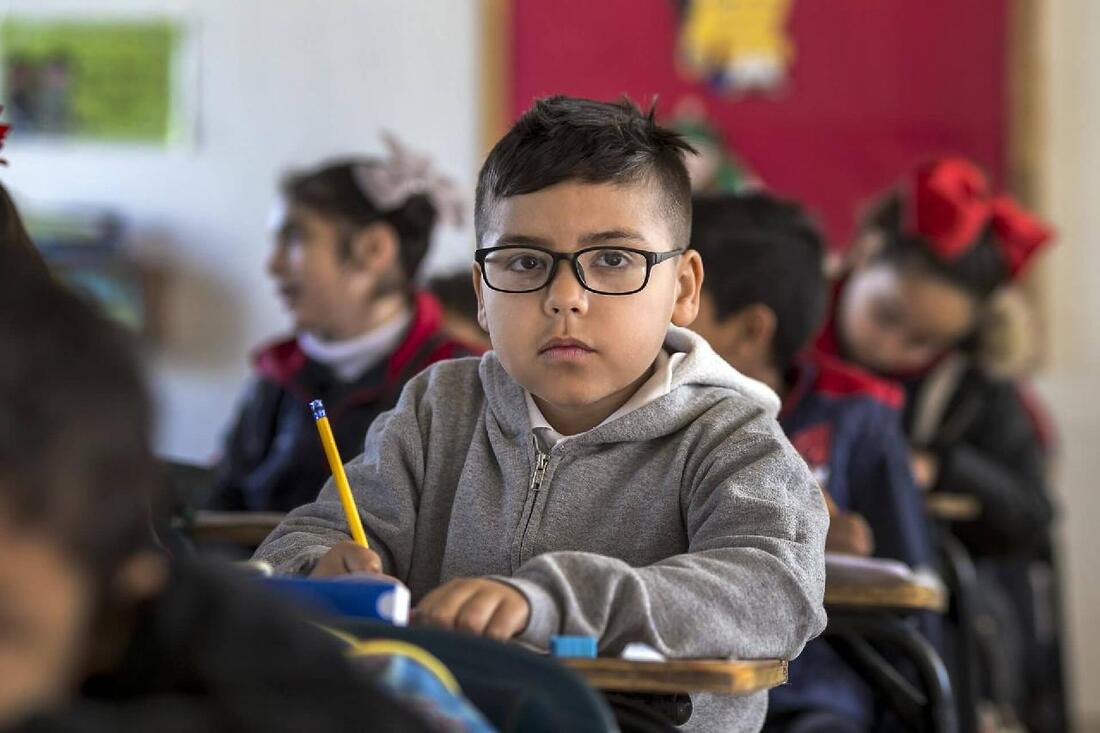

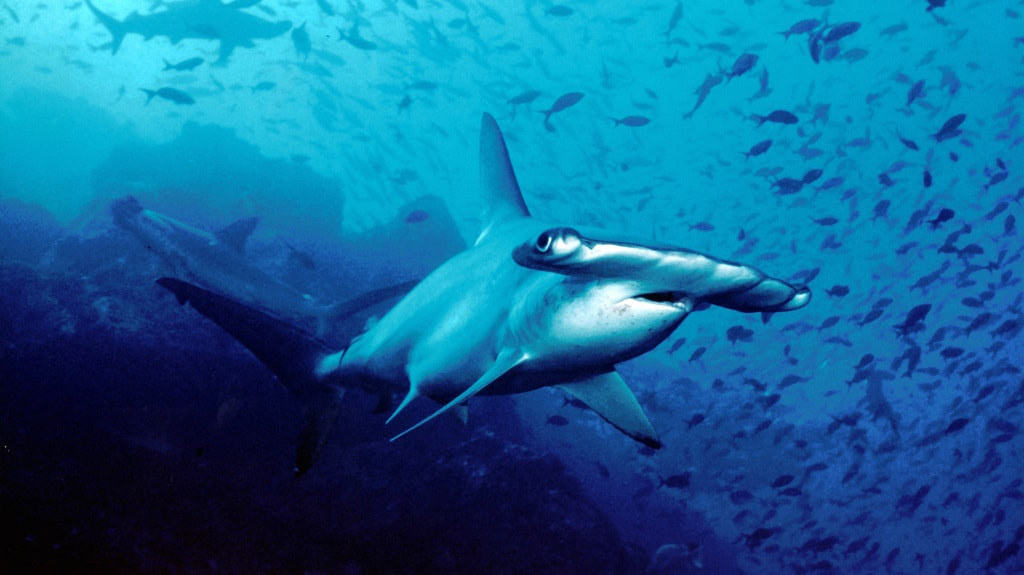
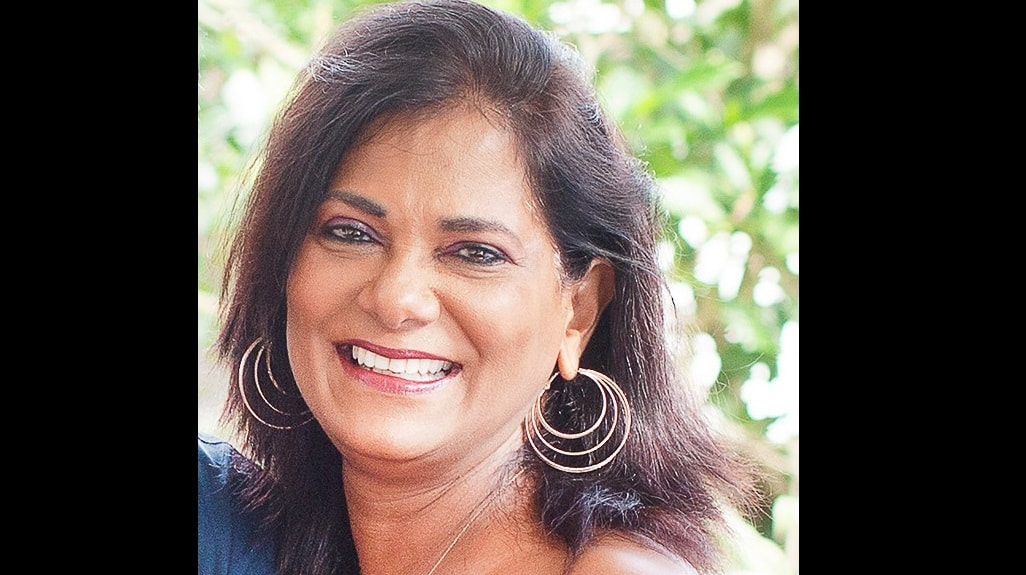



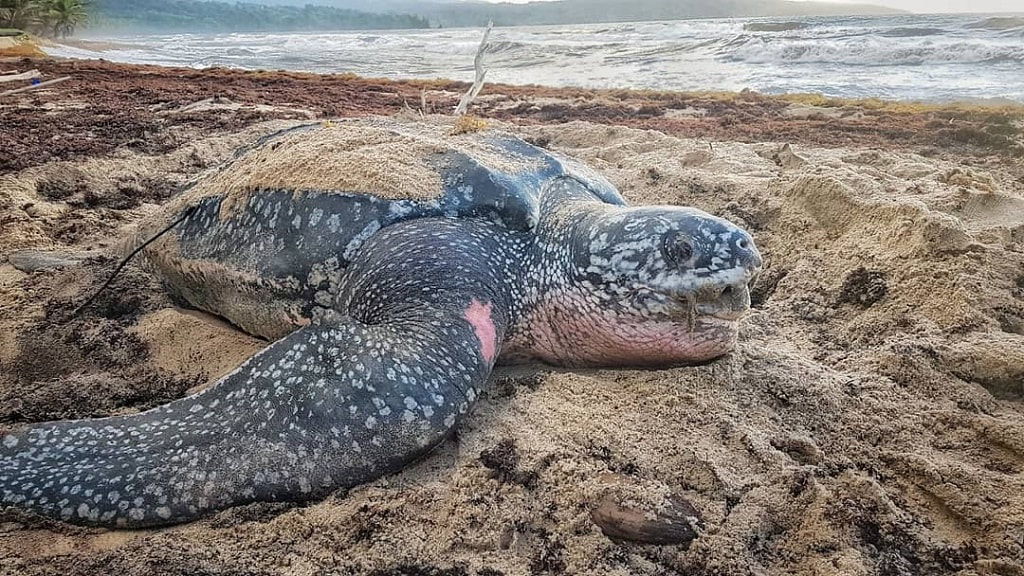

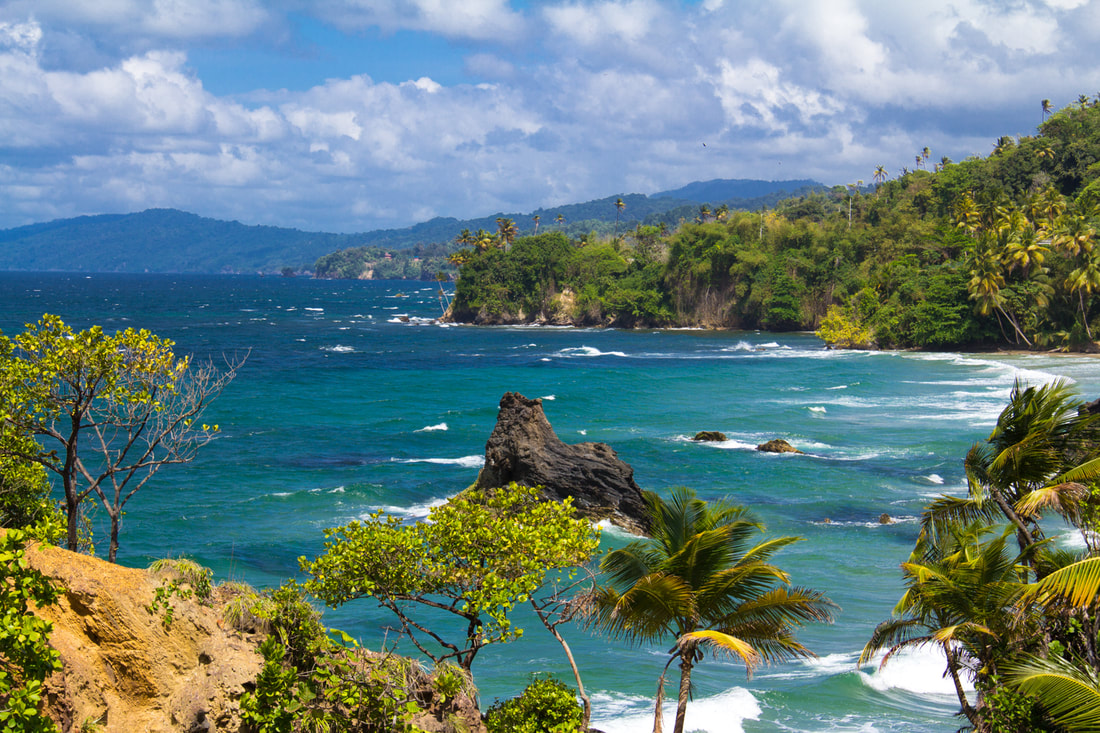
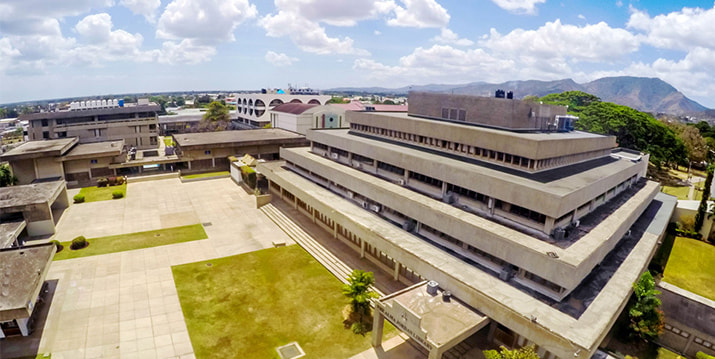

 RSS Feed
RSS Feed